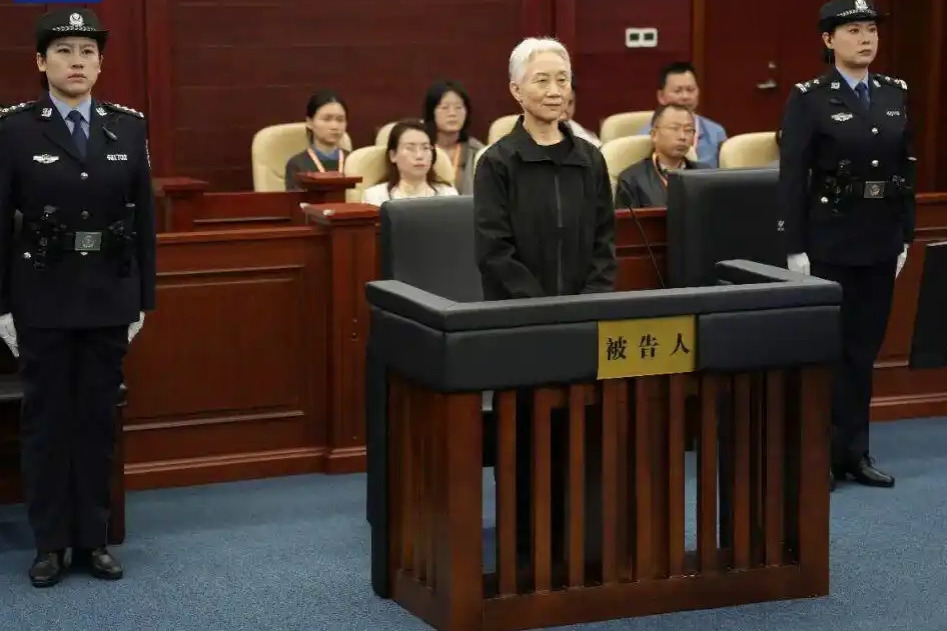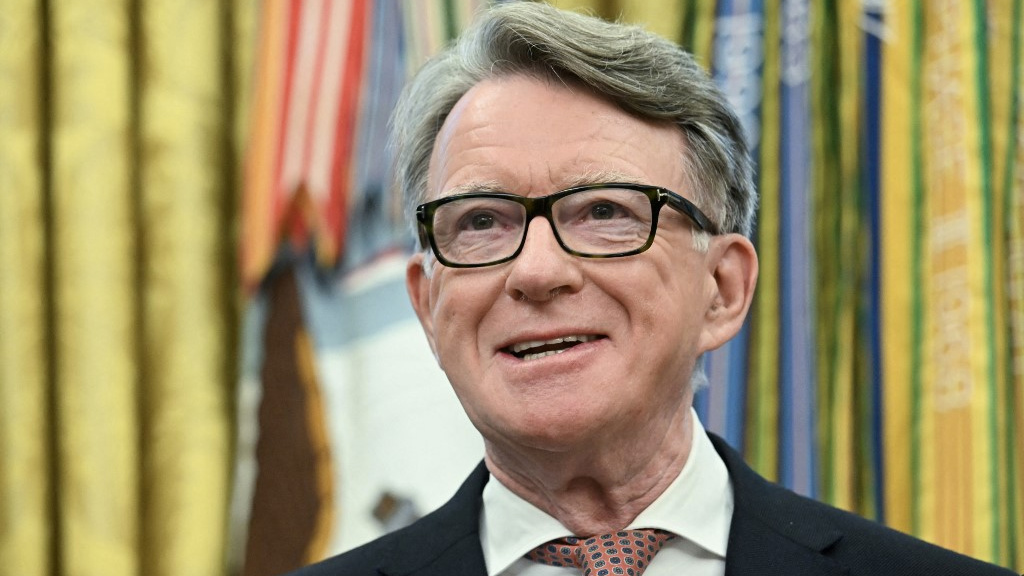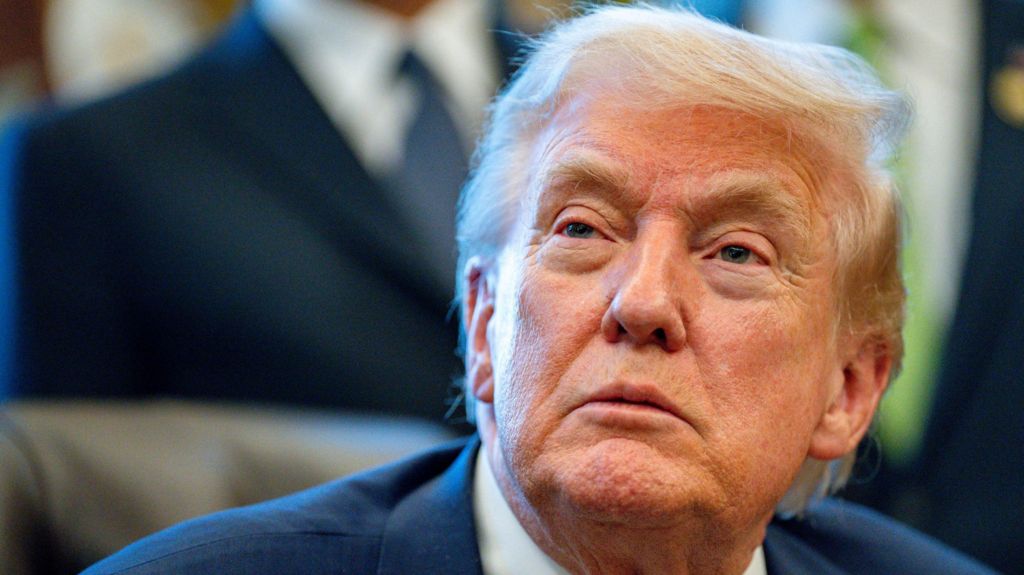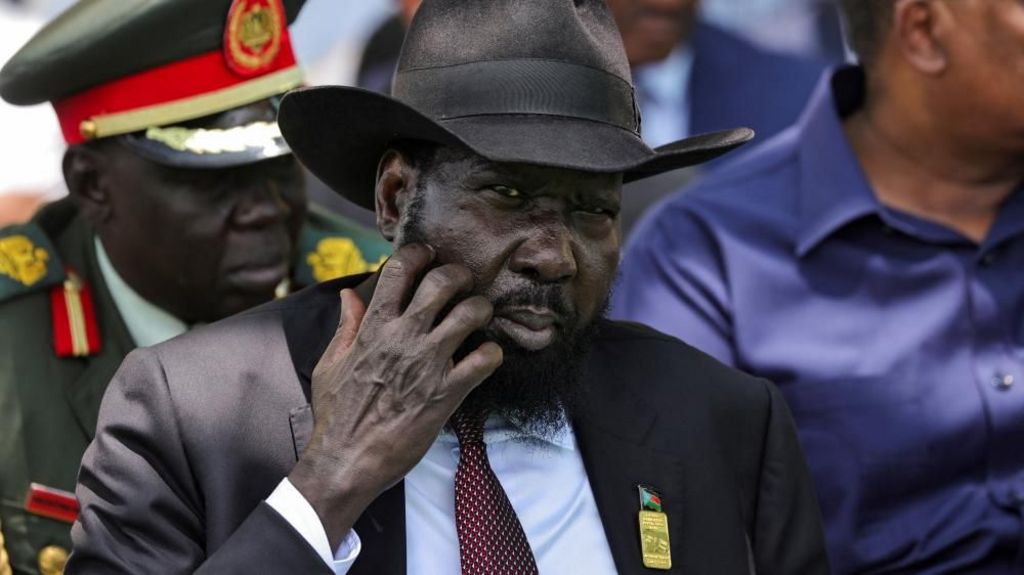In a strategic shift reflecting the severity of America’s naval industrial challenges, the United States has initiated confidential talks with Turkey regarding potential collaboration in warship construction. These discussions, confirmed by officials to Middle East Eye, represent a remarkable diplomatic overture given the recent tensions between the NATO allies over Turkey’s acquisition of Russian defense systems.
The dialogue emerges as the U.S. Navy confronts a critical shortage of shipbuilding capacity while attempting to expand its fleet to counter China’s growing naval power. American representatives have reportedly explored whether Turkish shipyards could supply vital vessel components or even assist in constructing additional frigates for the U.S. fleet.
Turkey has transformed into a naval manufacturing powerhouse in recent years, with its advanced shipyards capable of simultaneously producing over 30 vessels for both domestic and international clients, including Pakistan. Through its indigenous Milgem warship program, Turkish defense firms have developed sophisticated domestic designs across multiple vessel categories.
The Trump administration’s pursuit of foreign shipbuilding expertise marks a dramatic reversal from decades of U.S. naval supremacy. Previous efforts have focused on Asian allies, exemplified by South Korea’s Hanwha Group acquiring Philadelphia’s Philly Shipyard in 2024. However, the recent cancellation of the Constellation-class frigate program with Italian builder Fincantieri has intensified the urgency for alternative solutions.
Despite legal prohibitions against building warships overseas, President Trump has signaled openness to utilizing allied nations’ capabilities, stating in January: ‘We used to build a ship a day. We don’t build ships anymore. We want to get that started. And maybe we’ll use allies also in terms of building ships.’
Defense experts highlight Turkey’s distinct advantages, including geographically concentrated shipyards around Istanbul and Yalova that enable rapid adaptation to new projects. Kubilay Yildirim, a Turkish defense industry expert, noted: ‘The US lacks sufficient manpower, shipyards and dry docks. Turkey can help in terms of production volume, timelines, risk sharing and workload distribution.’
Turkish shipyards boast innovative automated production processes, skilled welders, multiple steel suppliers, and a strong collaborative culture between military and civilian facilities. The Istanbul Naval Shipyard reportedly possesses spare capacity that could accommodate U.S. construction needs.
However, any substantial defense cooperation faces significant political hurdles in Congress, which previously sanctioned Turkey over its Russian S-400 acquisition. Administration officials view shipbuilding collaboration as a potential pathway to strengthen ties while circumventing these sanctions.
The recent visit of a U.S. Naval Sea Systems Command delegation to Istanbul Naval Shipyard Command underscores the seriousness of these exploratory talks, though both nations emphasize their longstanding NATO partnership rather than immediate contractual agreements.









